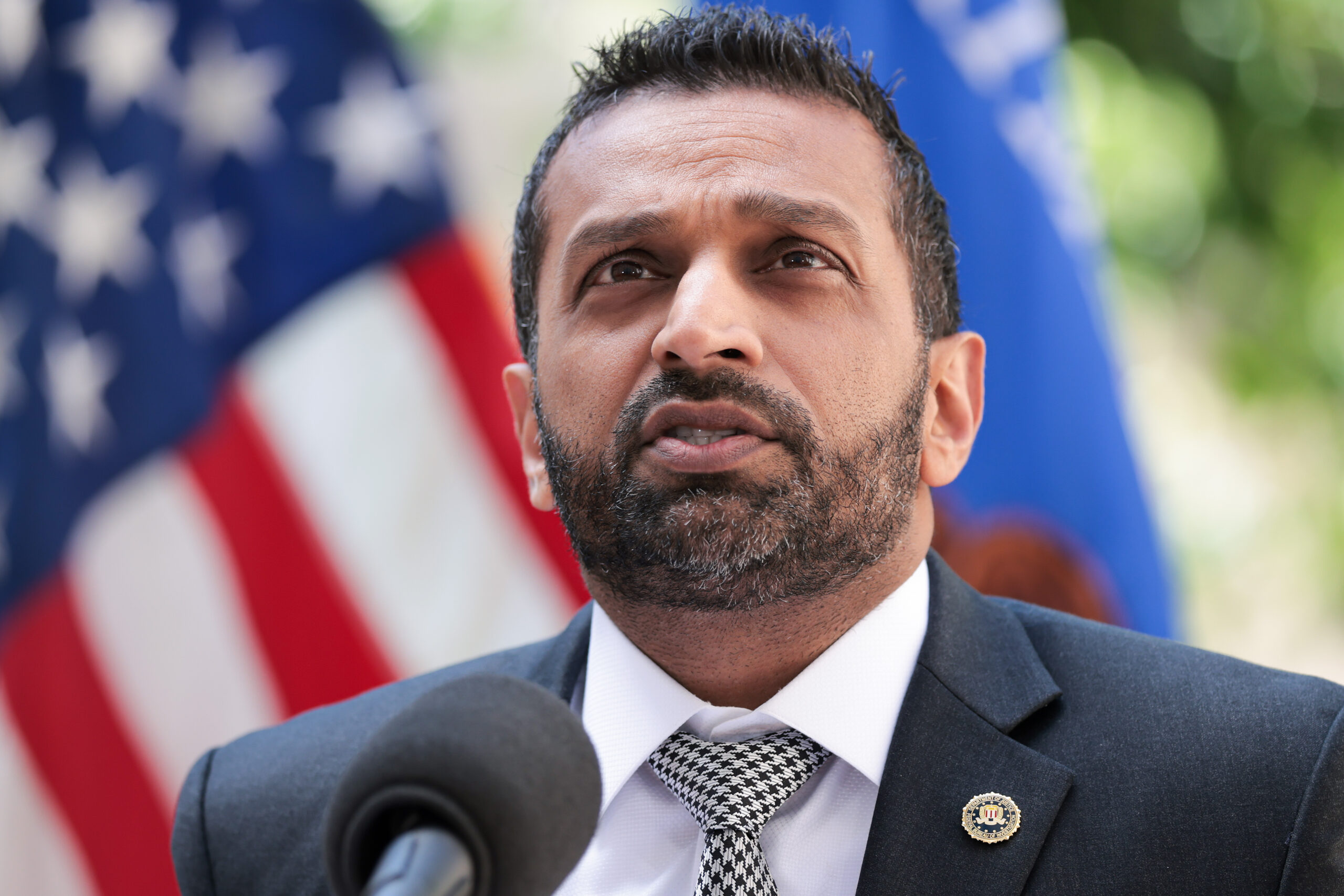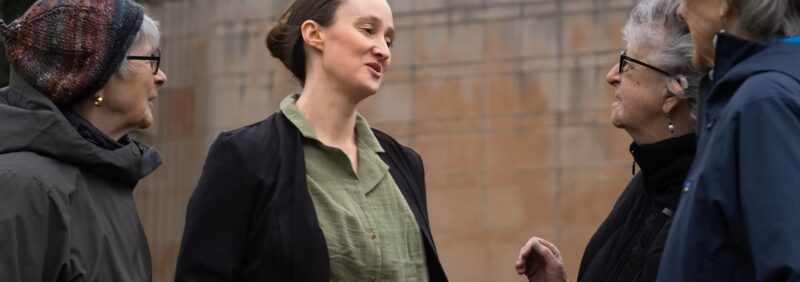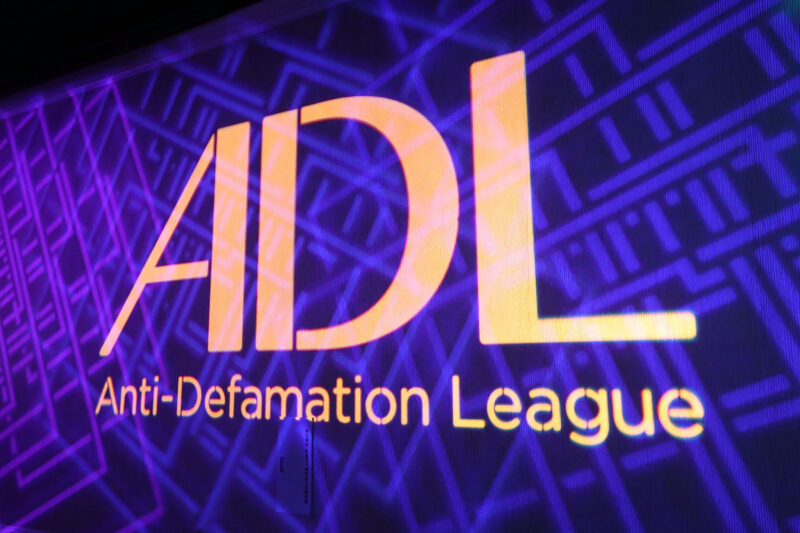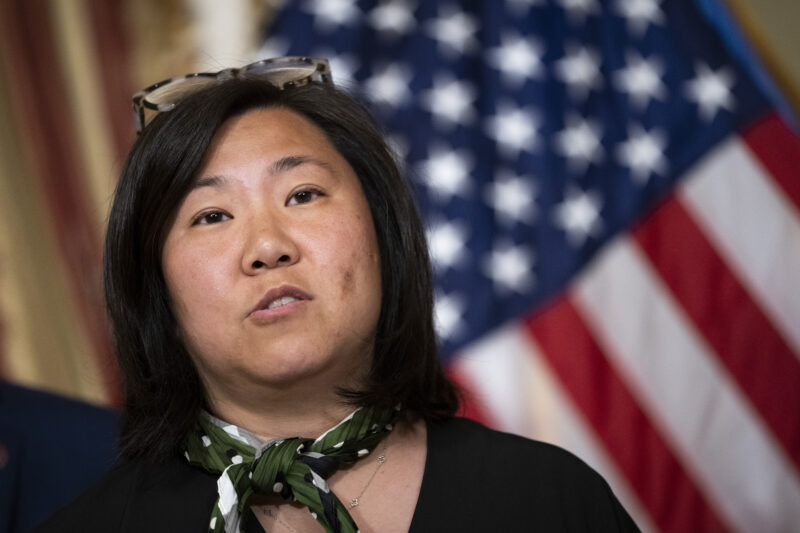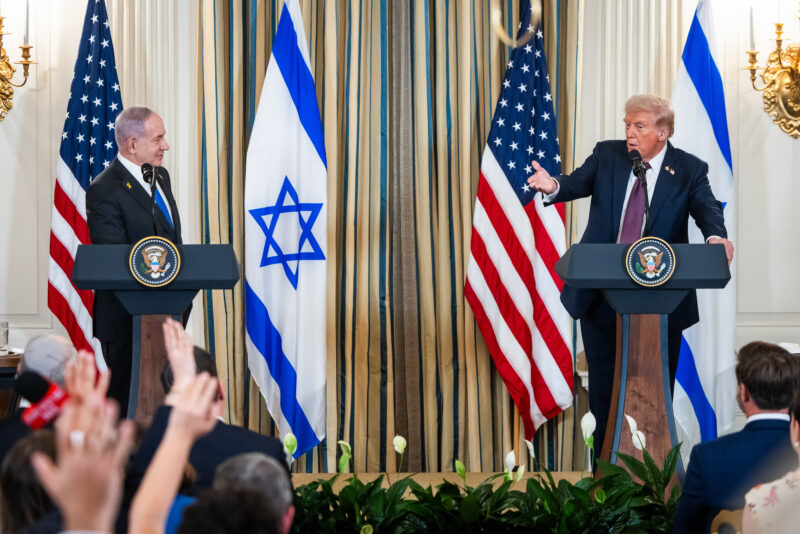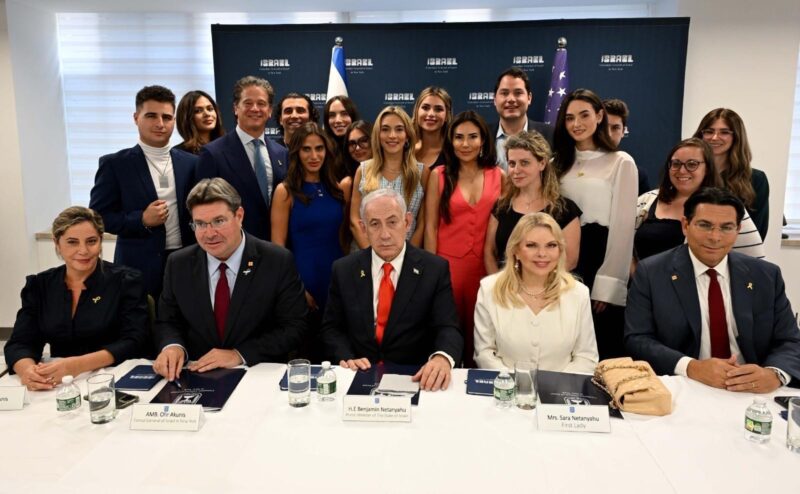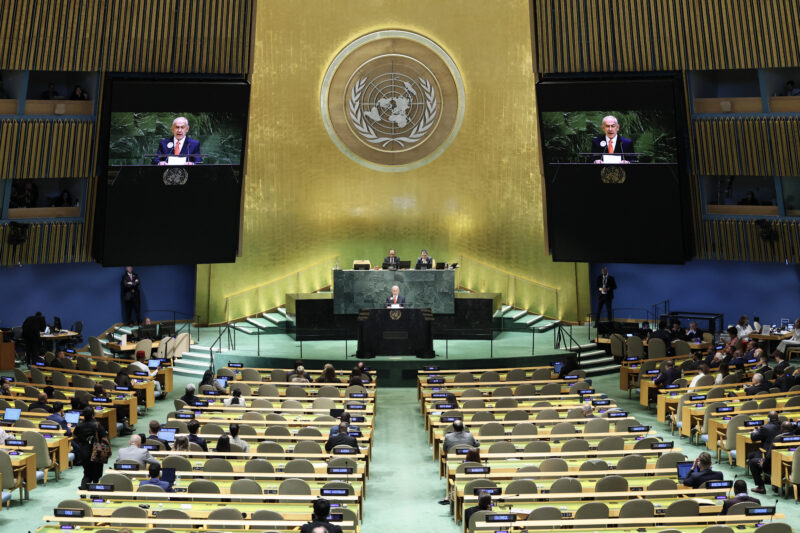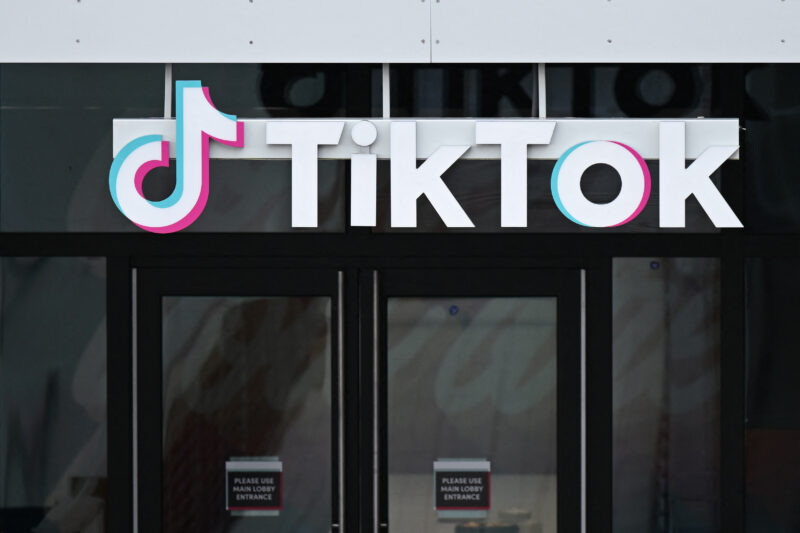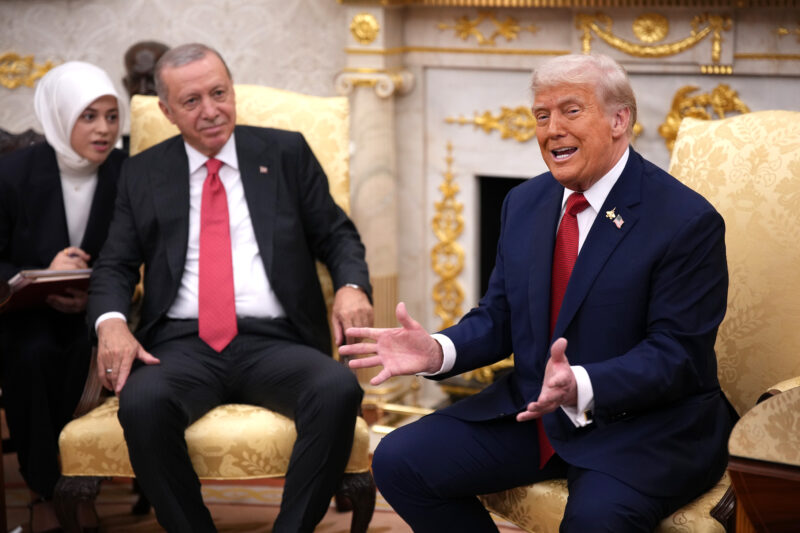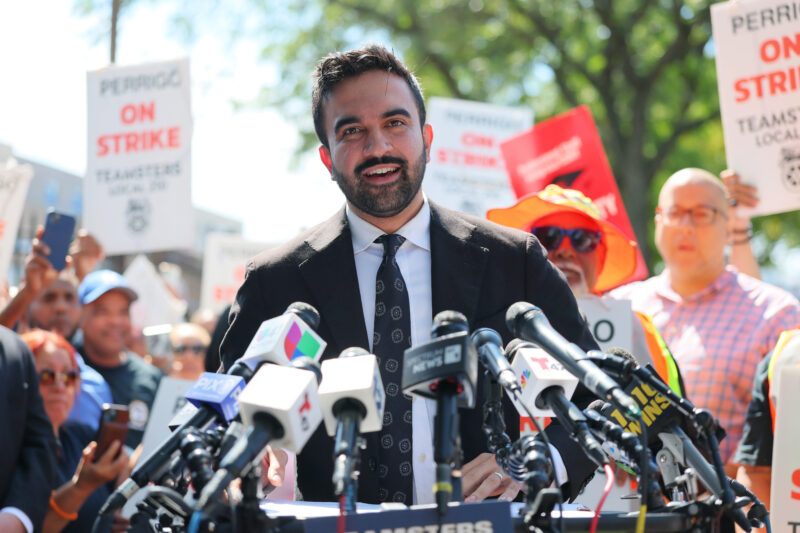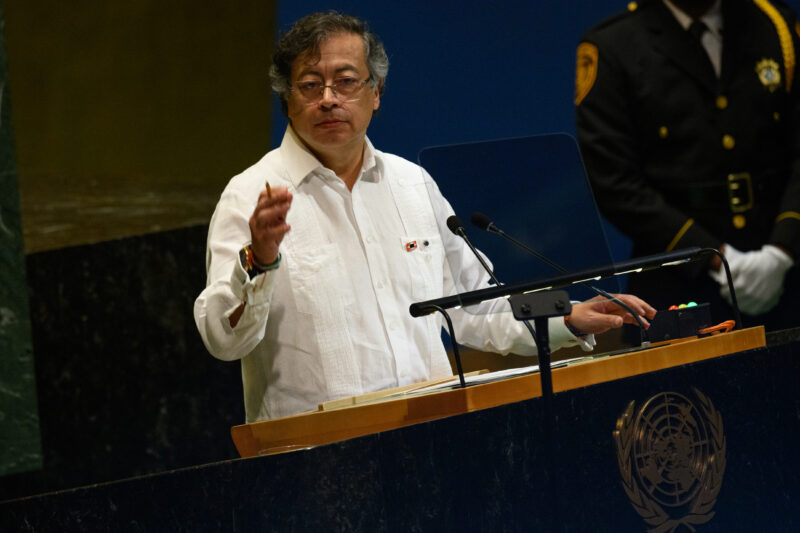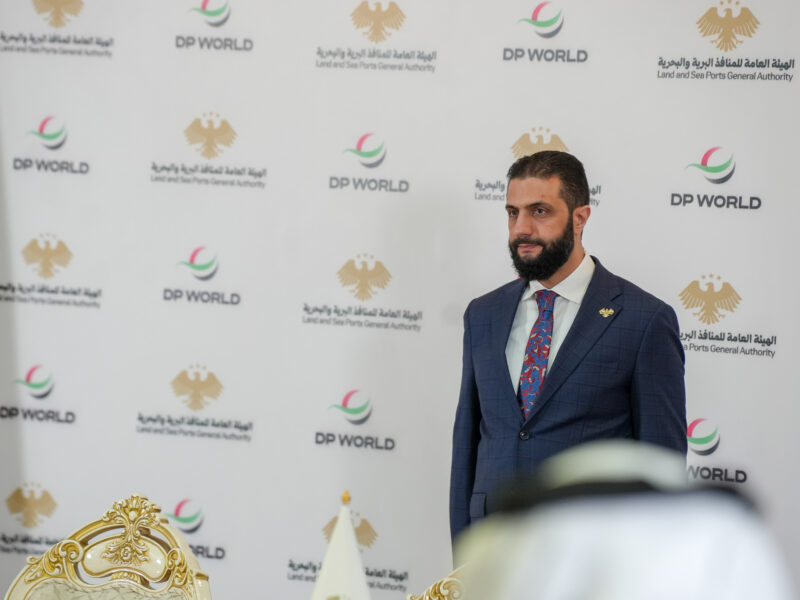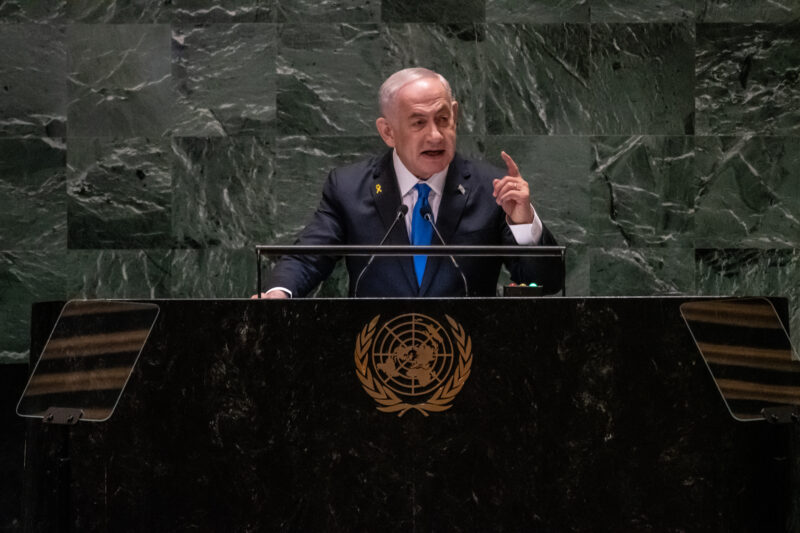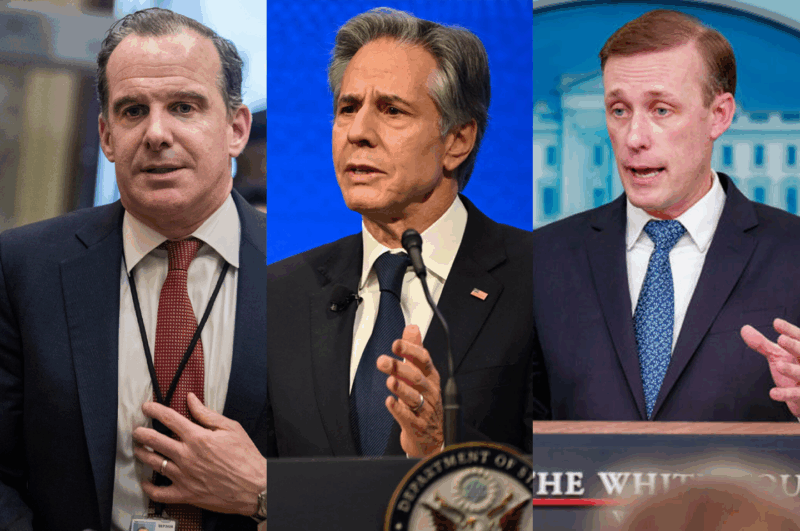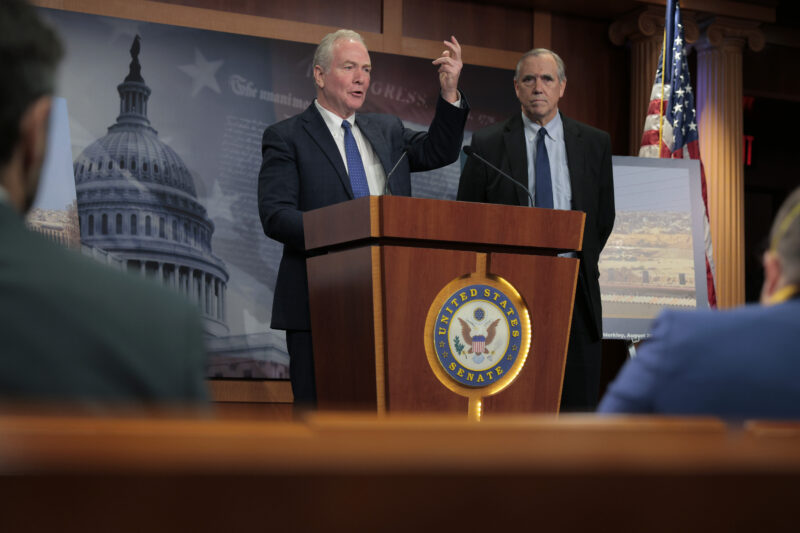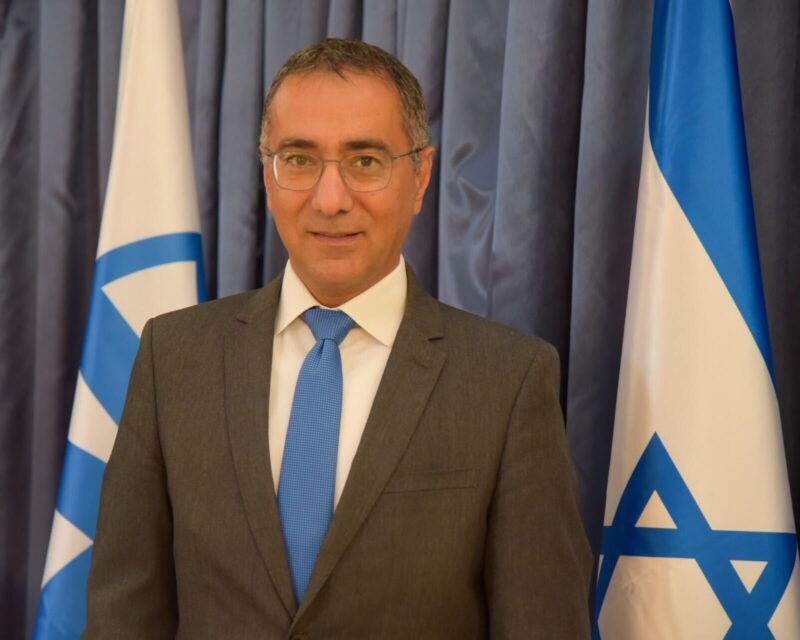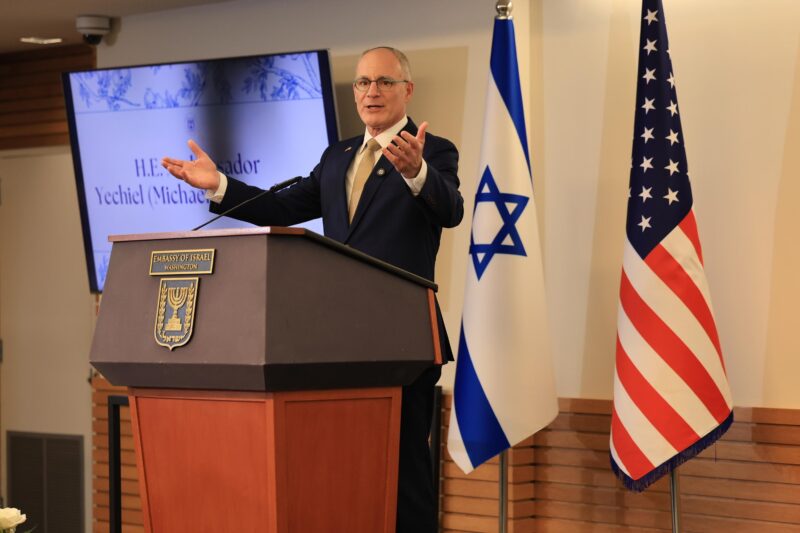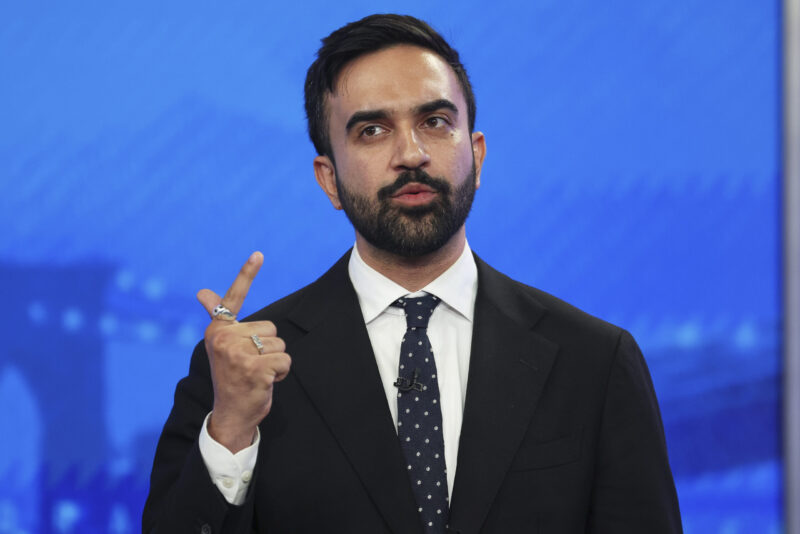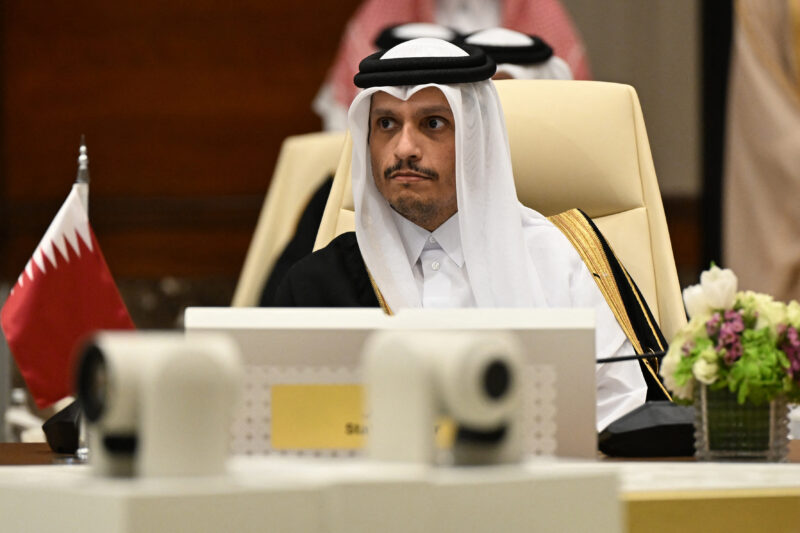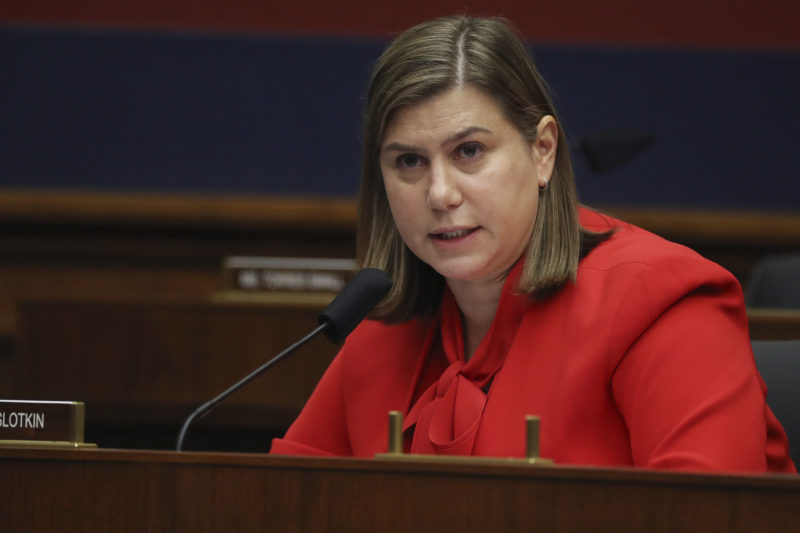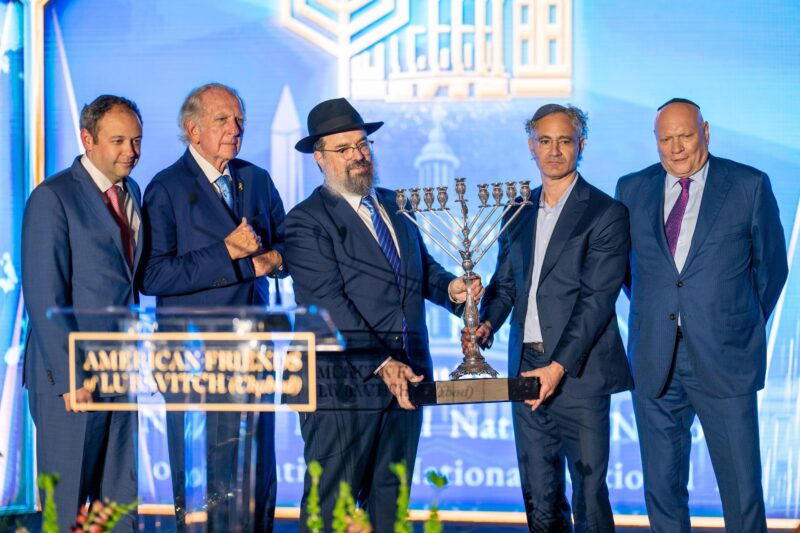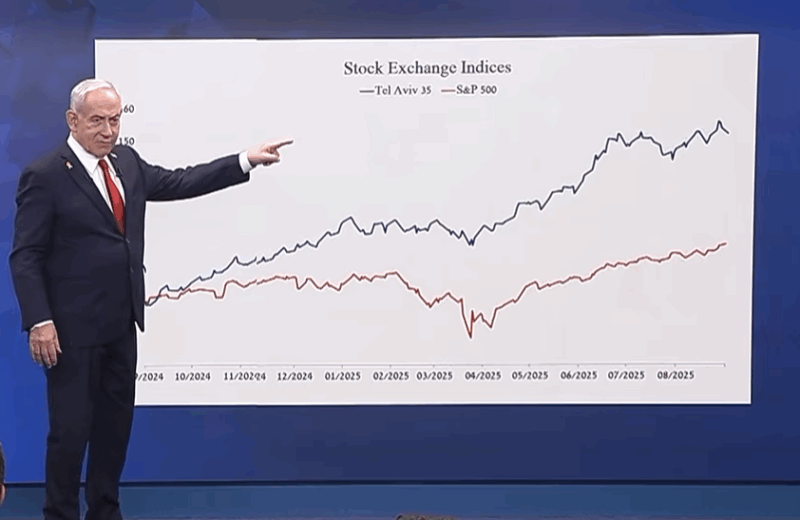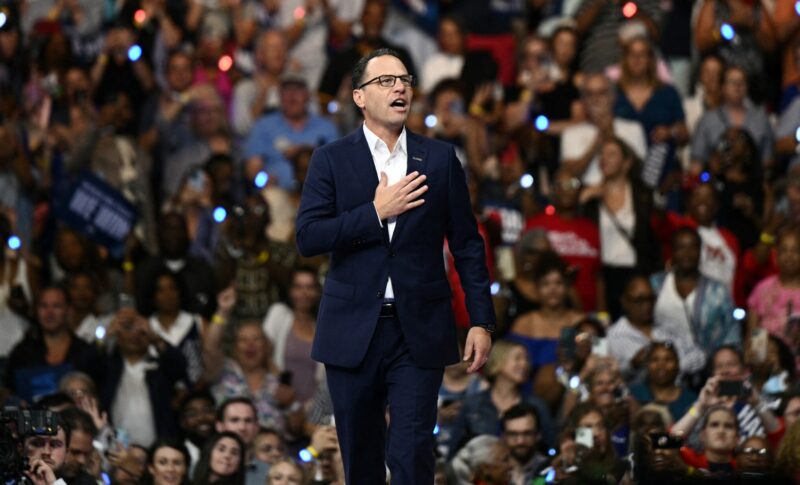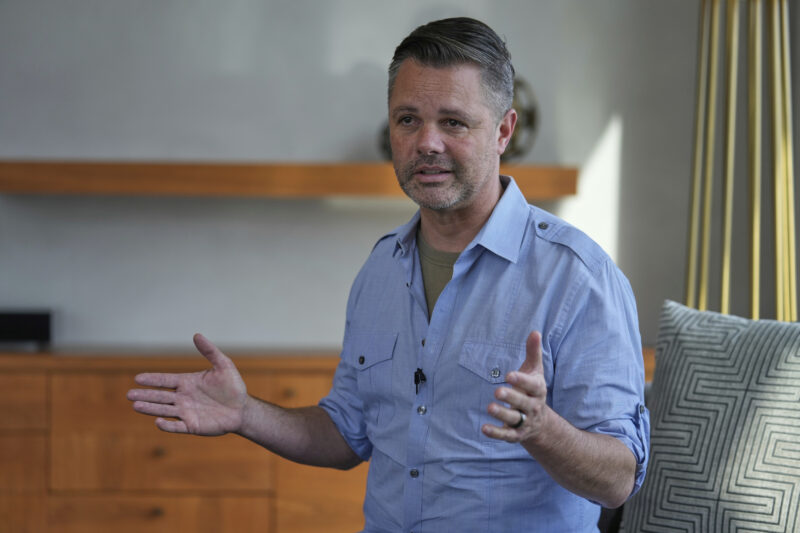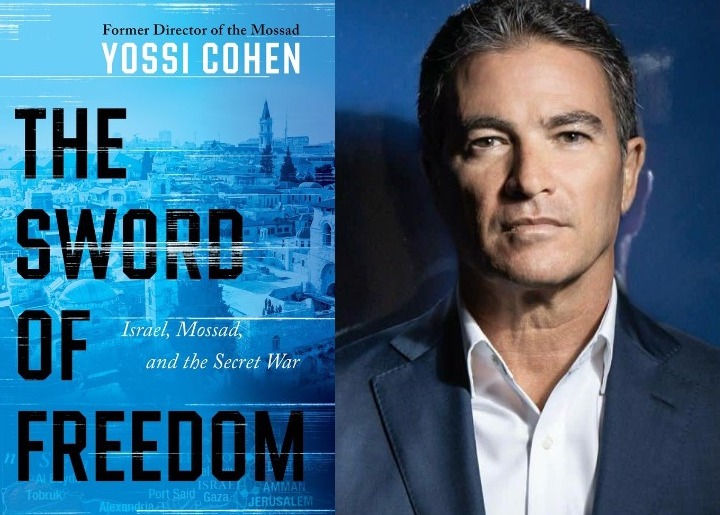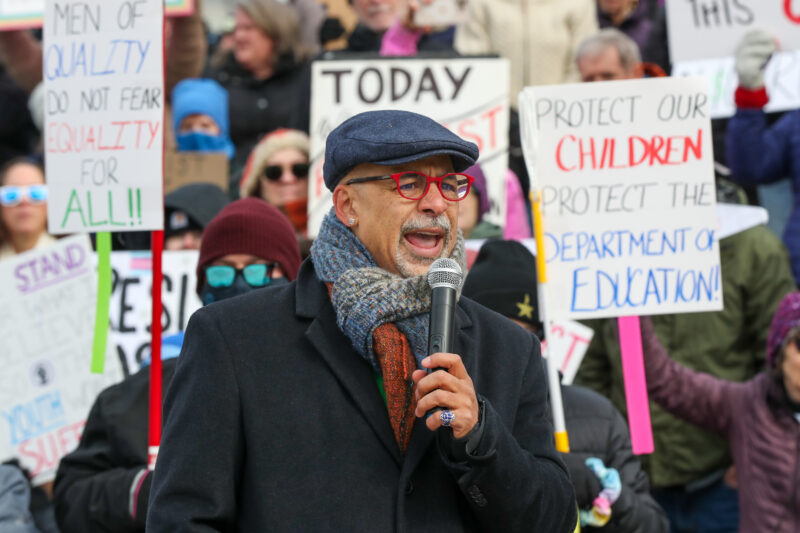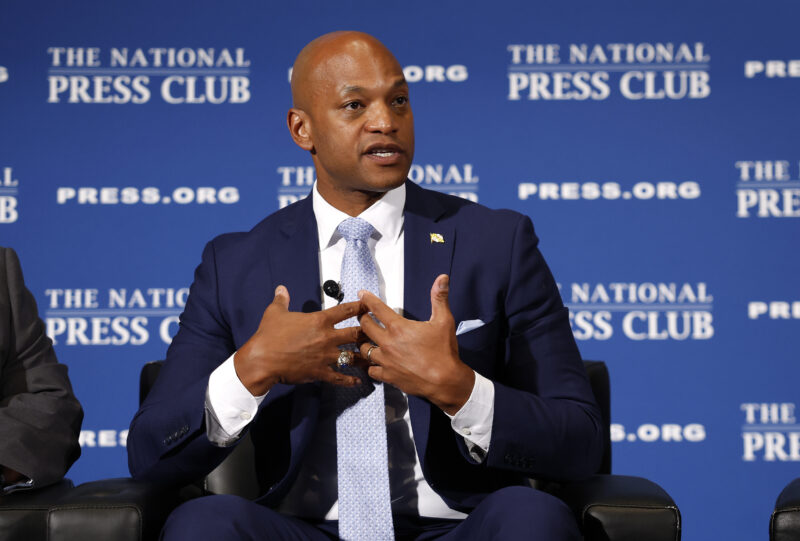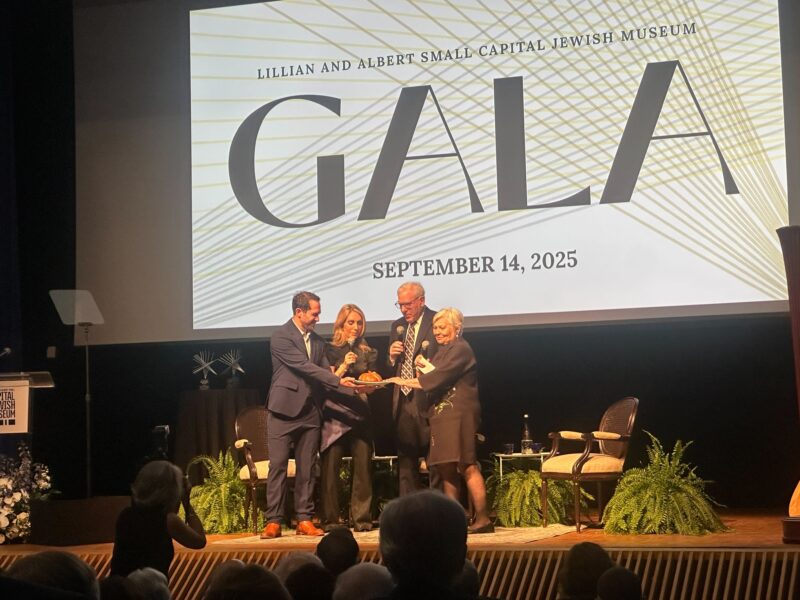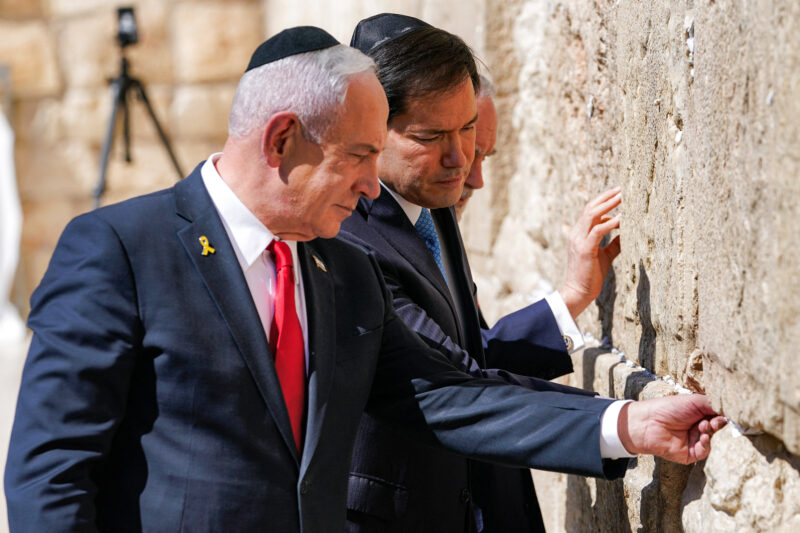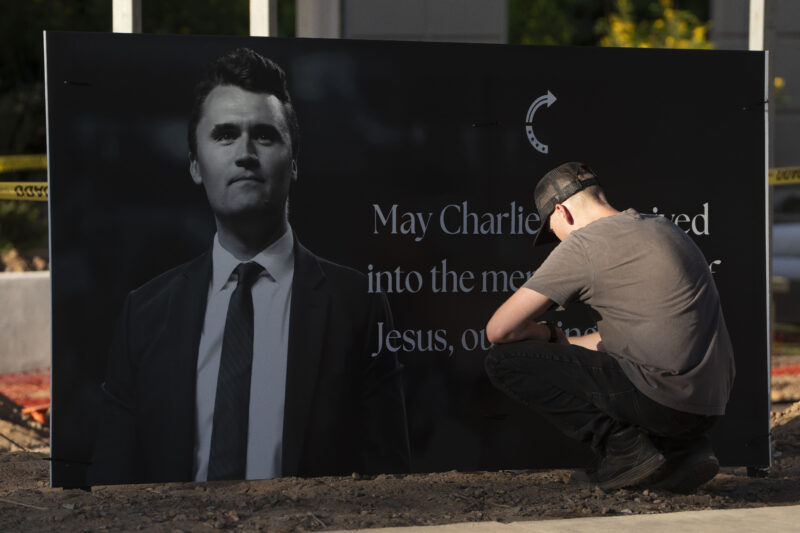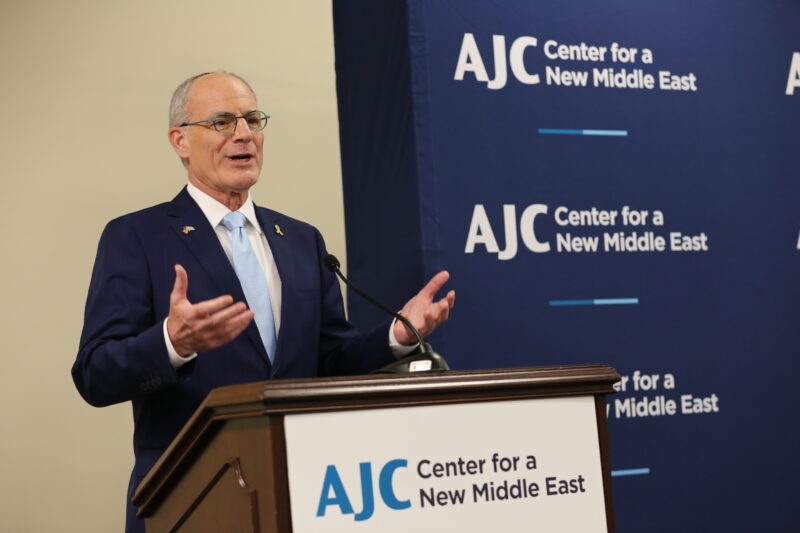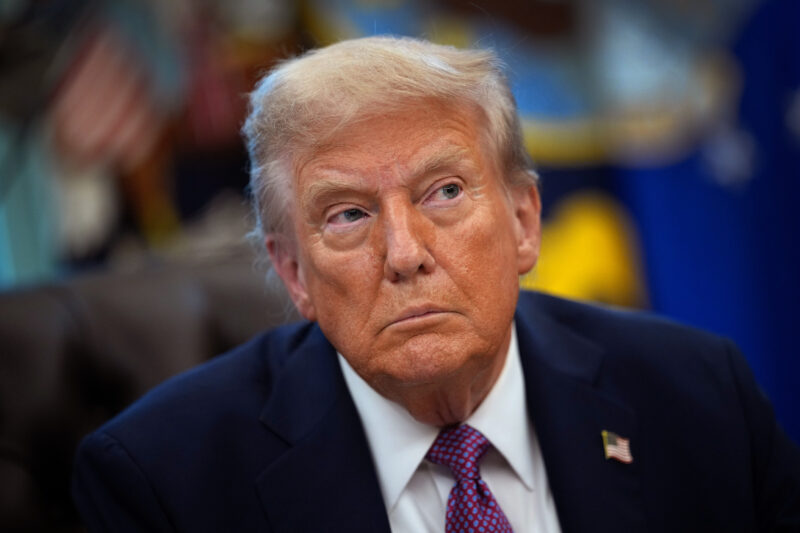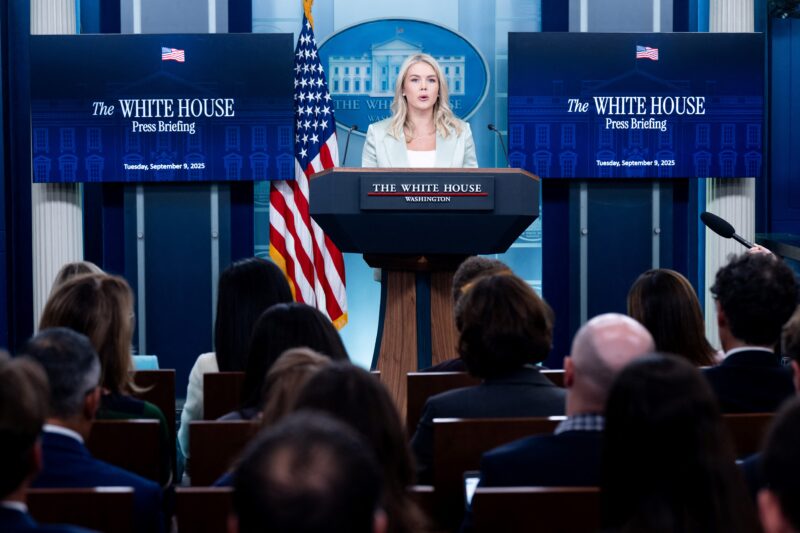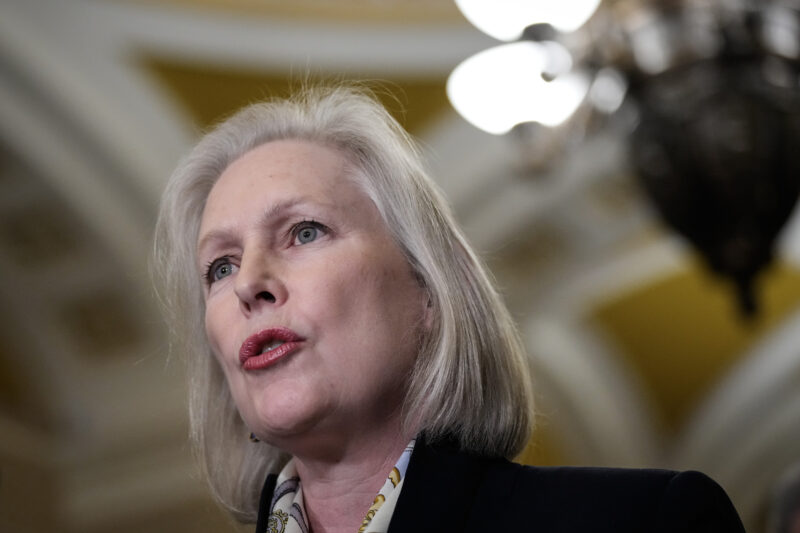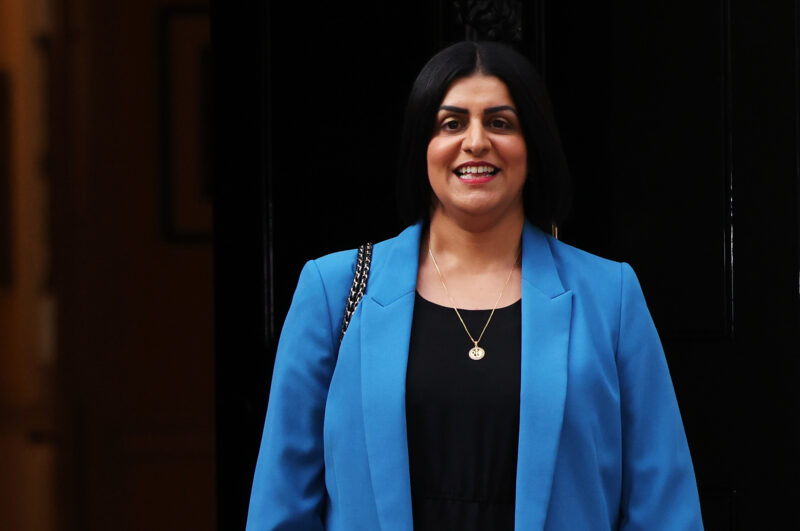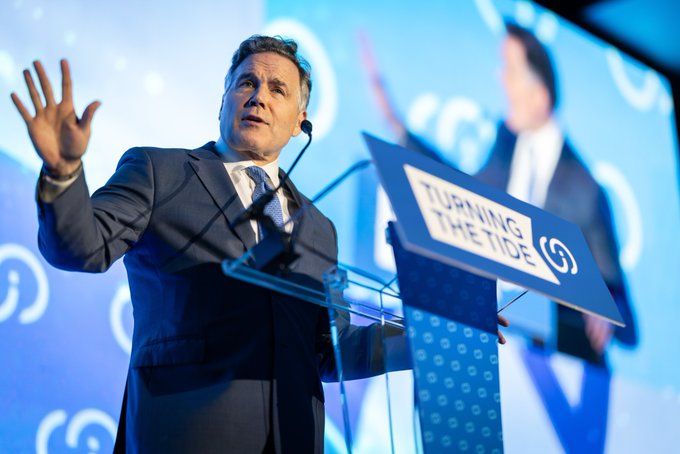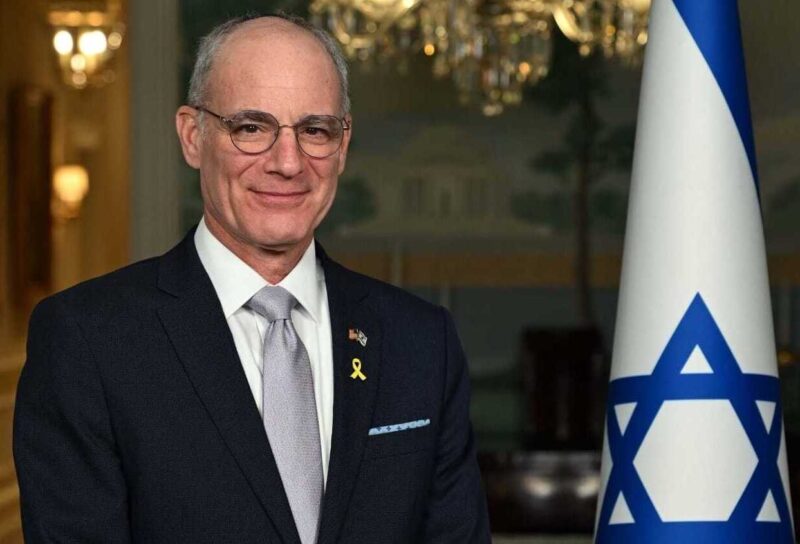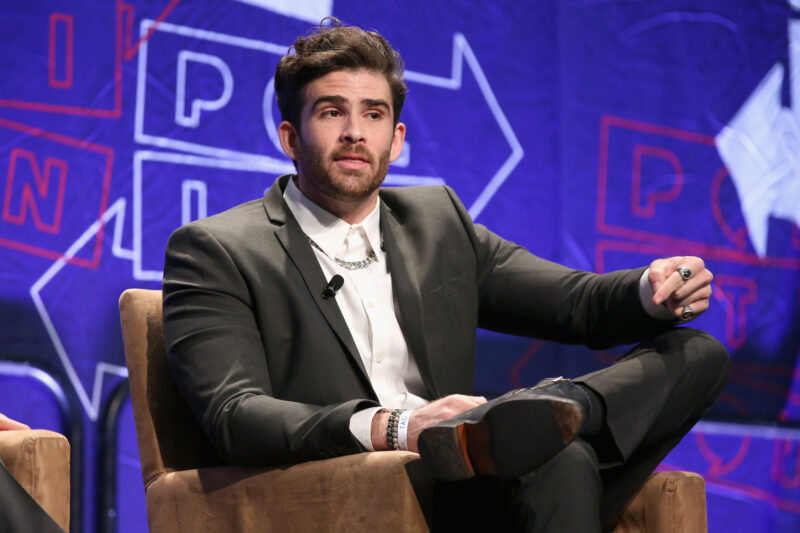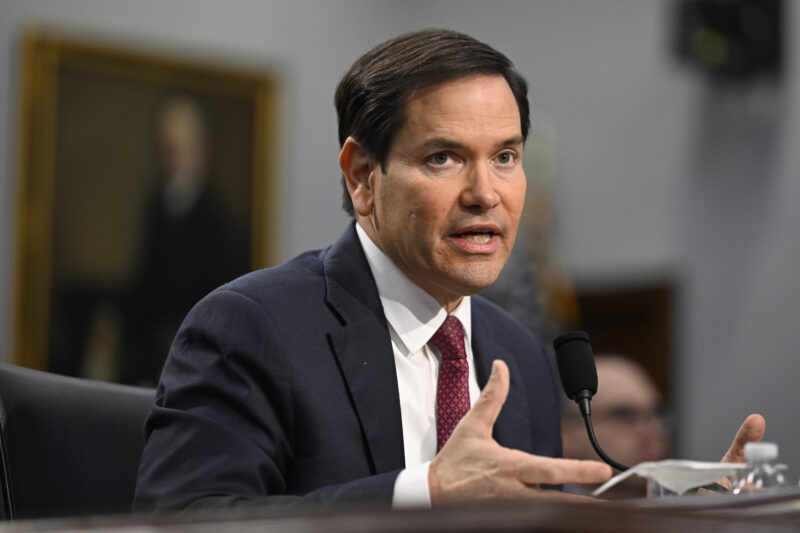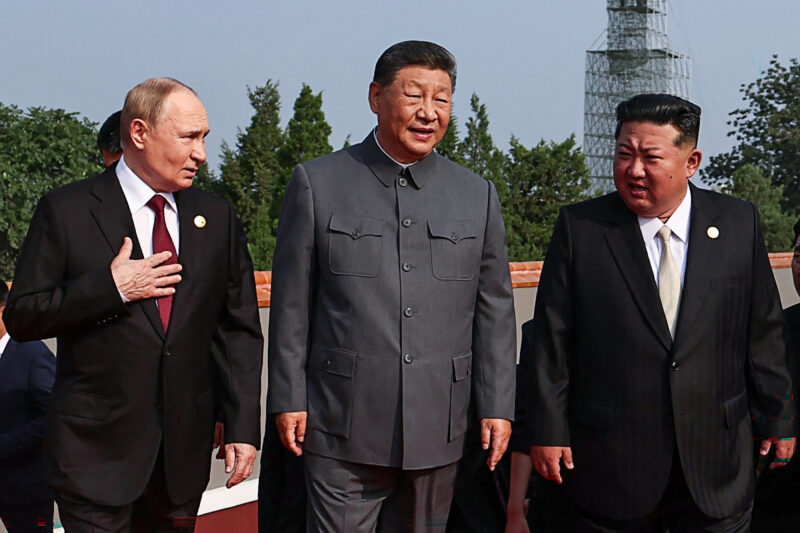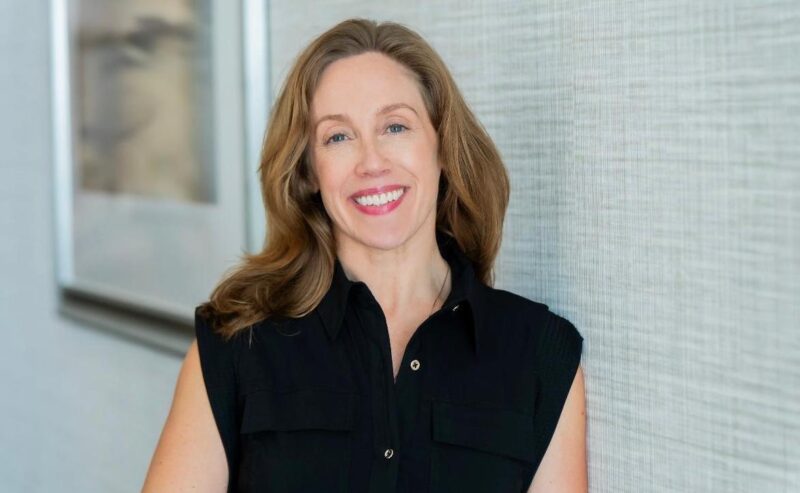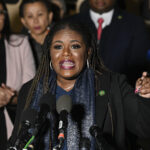Emmanuel Nahshon, the coordinator for combatting academic boycotts on behalf of the Israeli Association of Universities, speaks to JI about the challenges Israeli academia is facing in the shadow of the Gaza war
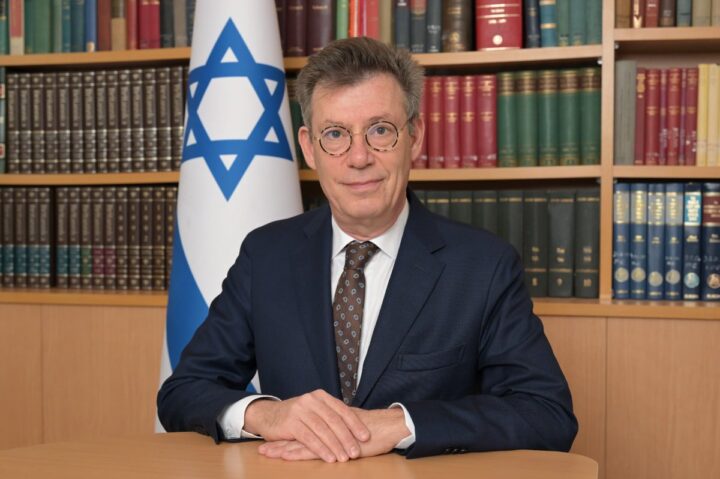
Shlomi Amsalem/GPO
Emmanuel Nahshon
As nearly a dozen countries announced plans to recognize a Palestinian state in the last week, the European Union debated exerting an additional form of leverage on Israel, in the form of suspending its participation in Brussels’ flagship scientific research and innovation program.
Earlier last week, the European Commission proposed a partial suspension of Israel’s participation in Horizon Europe — a 95.5 billion Euro ($109.2 billion) program that covers all areas of science and technology and has contributed significantly to Israeli academia and its tech sector — in response to what Brussels called a “severe” humanitarian situation in Gaza, which it views as having been insufficiently addressed by the daily humanitarian pauses this week.
The commission proposed to no longer allow Israeli entities to work with the European Innovation Council’s accelerator, which an Israeli diplomatic source estimated would lead to damages of about 10 million Euros ($11.4 mn.) to Israeli startups in the program, but none to research projects.
The motion did not receive the qualified majority in the European Union Council, and therefore Israel remains a full partner in Horizon Europe. Germany and Italy reportedly blocked the suspension, and Tuesday’s meeting on the matter ended without a decision. The European Council presidency said after the meeting that it plans to continue talks about the matter. The Israeli diplomatic source said some countries wanted to continue monitoring the humanitarian situation in Gaza before reaching a decision.
The scare from Brussels came at a difficult time for Israeli academia, which has been facing overt and more subtle forms of boycotts, Emmanuel Nahshon, the coordinator for combatting academic boycotts on behalf of the Israeli Association of Universities, told Jewish Insider in an interview on Wednesday.
Nahshon, a former ambassador and deputy director of Israel’s Foreign Ministry, who resigned last year in protest against the government, spoke about the challenges Israeli academia is facing in the shadow of the war in Gaza.
The interview has been condensed and edited for clarity.
Jewish Insider: What did you think about the outcome of the European Council’s discussion on partially suspending Israel from Horizon Europe?
Emmanuel Nahshon: They decided not to decide at the EU level, because we still have Germany and Italy blocking a possible majority against Israel, but even the Germans are telling us that this cannot go on. It’s an expression of the increasing isolation of Israel, given the unending war in Gaza, which has become more and more difficult to explain … It creates a bleak picture.
I’m very happy that sanctions on Israel in Horizon Europe did not work out this time, but unfortunately, it will happen next time.
JI: Can you explain why Horizon Europe is so important?
EN: It’s a fund budgeted by the EU and its member states, a multi-year fund for six to seven years, and its purpose is to fund joint research and development projects. Israel is one of the few non-EU countries that have been invited to participate … starting in the mid-1990s. It has been extremely successful.
European funds are extremely important because they create partnerships and networks and this is part of what has made Israel the innovation hub that it is.
Israel has one of the highest rates of return on investment and are welcome partners in top-level projects of the EU. By cutting us out of those projects, it will really punish Israeli innovation and the Israeli economy.
It’s not only about academic cooperation — it goes way beyond that. These are projects that are translated into concrete innovations for the welfare of humanity.
JI: What kinds of challenges is Israeli academia facing from anti-Israel elements abroad?
EN: Immediately after Oct. 7 [2023 Hamas attacks on Israel], there were mostly student protests, encampments, violent protests – those are almost non-existent now. It has shifted in the last year to something else, institutional boycotts.
Universities have decided to cut ties with Israel, as have professional associations – medical, psychology, historians, mathematicians. It’s much more dangerous. We now have countries in which the majority of universities have no contact with Israel. In Belgium and the Netherlands over 80% of universities have severed all contacts with Israeli universities, as have most in Spain and Italy. It’s beginning in Switzerland, in Geneva and Lausanne.
It’s a slippery slope. The more it happens, the more it is bound to happen. Universities copy one another.
On top of that, we have the silent, covert boycott. It’s like Voldemort [from Harry Potter], no one is saying its name, but it is there and we feel it all the bloody time. Israeli lecturers are not invited to international events anymore; articles are rejected; Israelis are not invited to take part in science and research consortia, etc.
If it continues for a year or two, we may face dire consequences.
JI: What would those consequences be?
EN: It’s the slow strangling of the Israeli academic world. We cannot function without contact with the outside world. Israel is too small a country to be able to have its own, internal academic world. We need contact with …the Ivy League and Western European universities.
On top of it, there is a phenomenon that began before the war, because of the so-called judicial reform, and that is Israeli academics leaving Israel. This is a brain drain that is noticeable and catastrophic. We are talking about tens of thousands of Israeli academics choosing to make their lives elsewhere. It began in early 2023 and the war made it worse.
JI: The Israeli Association of Universities (known in Israel by the Hebrew acronym VERA) hired you about a year ago to combat the academic boycott. What have you been doing?
EN: We have been working very hard on two levels. The first was to create internal coordination between different Israeli universities so we can speak the same language in the fight together. We did one thing that has been extremely useful, which is to create a common database. Now, on a regular basis, we have information coming from all the Israeli universities regarding boycott attempts and events. This is super useful, because now we know how many took place.
JI: How many?
EN: By last count there were over 800 boycott events since last summer. Some are smaller, some are bigger.
[Nahshon provided JI with a presentation given by VERA to the Knesset Education Committee in May, which said that this year they received an average of 50 boycott reports per month — double that of the previous year. Broken down by country, the number of reports about the U.S., Canada and Holland more than doubled, Spain went up 125% and England increased by 55%. A third of the complaints from North America were about the suspension of individual collaborations between Israeli scientists and their colleagues, while 18% were about difficulty in publishing, and 18% were about not being invited to lecture or participate in conferences. In Europe, nearly a third of the complaints were about institutions ending their cooperation with Israelis.]
Boycotts are complex. It’s a bit like sexual harassment. People do not always want to say they’ve been the victim, so we have to encourage people. Now, more and more [academics] are reporting and we have a fuller picture of the situation.
JI: What do you do after receiving the reports?
EN: We do work all over the world on the legal, political and public relations fronts. We emply the services of a law firm in Brussels that is helping us tremendously, because a lot of institutional boycott cases violate European laws.
For example, if universities want to kick Israeli researchers out of Horizon Europe [grantee] projects, that is against European law … We have had many successes in which they immediately stop the boycott.
Politically, we want to encourage our friends to pass legislation against boycotts, like the ones that exist in the U.S.
There are so many lies directed at Israeli universities that have nothing to do with reality, such as calling them apartheid or saying that Israeli academia teaches the military how to occupy or how to kill.
This effort is very new, very young. We need more budgets to function; it’s challenging. I have addressed the government without much success. We are looking for partners and funds, and we do the best we can with the limited means we have.
JI: The Weizmann Institute, one of Israel’s leading scientific institutions, was hit by an Iranian missile last month, which destroyed 45 labs. Are they going to have a hard time recovering because of international boycotts?
EN: I don’t think it will be a problem [raising funds for the recovery] because so many have expressed solidarity with the Weizmann Institute. They have so many friends around the world.
The problem is that the government is not fulfilling its mission. It should be the role of the Israeli government to commit to financing it, instead of fundraising … Israeli academia is not a priority for this government because it is identified with the more liberal wing of Israeli politics.
Weizmann will be fine, but the problem is of a more general nature. I quote the head of VERA Daniel Chamovitz, who said that “you can see that the Iranians put higher education and Israeli research at the center of their launch map” — apparently the Iranians understand better than the Israeli government that academia is a top priority. They aimed at Weizmann and the Soroka Hospital [in Beersheba, a teaching hospital] for exactly that reason.




